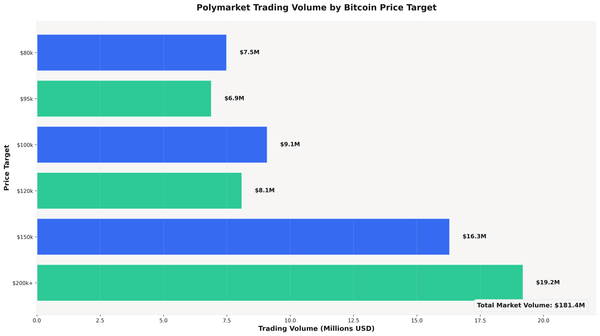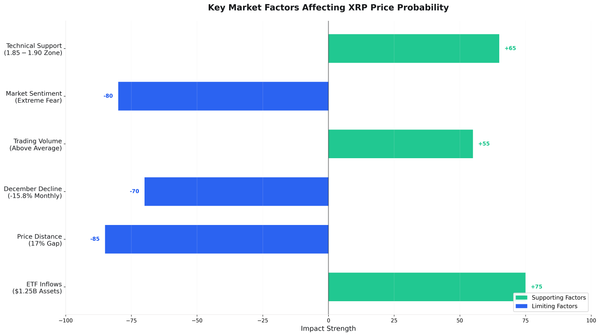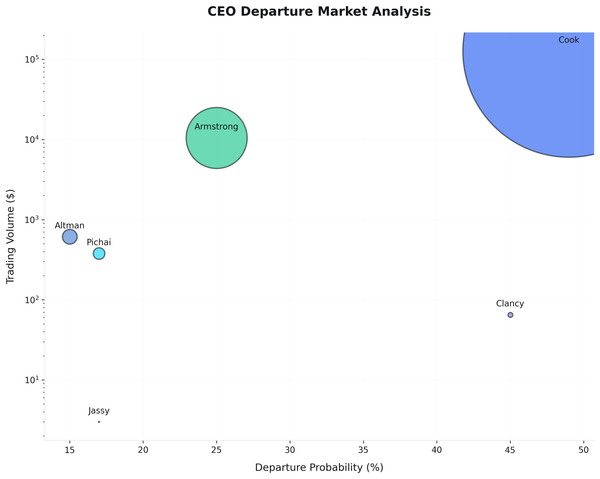OpenAI Signs $38 Billion Cloud Computing Deal With Amazon Web Services

OpenAI signed a seven-year agreement with Amazon Web Services worth $38 billion on November 3, 2025. According to CNBC, the deal provides OpenAI immediate access to hundreds of thousands of Nvidia graphics processing units. The partnership includes both GB200 and GB300 chips deployed through Amazon EC2 UltraServers. OpenAI will begin using AWS infrastructure immediately, with full deployment expected by the end of 2026.
The agreement represents OpenAI's first major collaboration with AWS. SiliconANGLE reports that OpenAI retains the option to expand capacity from 2027 onward. Amazon shares climbed 4.83% to close at $256.01 on November 3. The stock reached record highs during the trading session, adding nearly $140 billion in market value.
This deal follows OpenAI's recent restructuring of its Microsoft partnership. Microsoft previously held exclusive cloud provider status until January 2025. Last week, Microsoft's preferential right of first refusal expired under newly negotiated terms. OpenAI confirmed it will purchase an additional $250 billion in Azure services from Microsoft.
Computing Demands Drive Multi-Cloud Strategy
The AWS partnership addresses OpenAI's expanding computational requirements for training and operating AI models. OpenAI CEO Sam Altman stated that scaling frontier AI requires massive, reliable compute infrastructure. The deal provides access to specialized hardware optimized for large-scale AI workloads. ChatGPT and other OpenAI services process millions of requests daily, requiring substantial computing resources.
OpenAI has committed over $1.4 trillion in infrastructure spending across multiple providers. Axios notes the company signed agreements with Oracle for $300 billion and maintains contracts with Google Cloud and CoreWeave. This multi-cloud approach reduces dependency on any single provider. The diversification also positions OpenAI for a potential public offering, according to company statements.
For Amazon, the contract validates AWS capabilities in the AI era. AWS CEO Matt Garman said the partnership demonstrates AWS infrastructure can serve as backbone for advanced AI development. Amazon also maintains a separate $4 billion investment in Anthropic, an OpenAI competitor. AWS recently opened an $11 billion data center campus dedicated to Anthropic workloads.
Cloud Market Competition Intensifies
The OpenAI deal represents a significant development in cloud computing market dynamics. AWS holds 30% of the global cloud infrastructure market in Q2 2025, according to Statista. Microsoft Azure commands 20% market share, while Google Cloud accounts for 13%. The three providers control more than 60% of the $99 billion quarterly market.
Microsoft and Google have gained ground through AI partnerships and services. Azure growth reached 39% in recent quarters, outpacing AWS growth of 17.5%. Google Cloud revenue grew 32% year-over-year. Both competitors benefited from exclusive AI model relationships. The OpenAI-AWS agreement disrupts this competitive landscape by providing AWS direct access to a leading AI developer.
Traditional financial institutions face pressure to adopt AI capabilities or risk falling behind. Cloud infrastructure spending reached $99 billion in Q2 2025, growing 25% annually. However, concerns about return on investment persist. Morningstar analysis suggests AI revenues must increase from $20 billion to $2 trillion by 2030 to justify current spending levels. Some analysts question whether infrastructure investments will generate proportional returns. Federal Reserve Chair Jerome Powell recently distinguished AI spending from the dotcom bubble, noting that current AI companies operate with profitable business models rather than speculation.
Further Reading
Global cloud computing adoption extends beyond major technology companies into financial services and regulatory frameworks worldwide. For deeper insights into how different countries approach cloud infrastructure and AI adoption, our Alternative Financial Systems Index tracks regulatory frameworks and adoption metrics across 50 countries. The index provides data on how nations structure their digital infrastructure policies.




